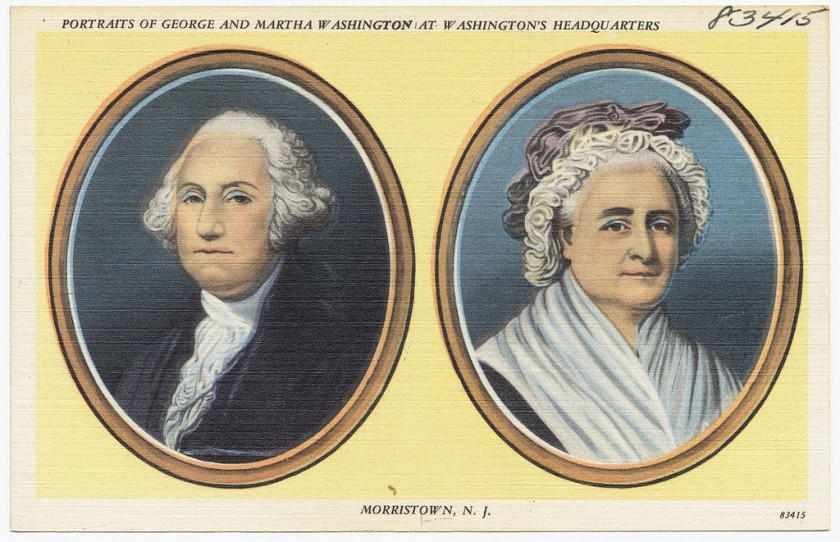Search engine optimization is a matter of accuracy as well as rank. If your site gets a lot of search results, but mostly with searches that aren’t relevant to your site, that’s of little benefit. Linked data helps them to figure out what your page is about. It usually isn’t visible to the user, but it’s visible to the web crawler. Having a good set of linked data lets you grow search traffic which will engage visitors rather than just getting a casual glance.
Read also: 9 Web Design Mistakes Killing Your SEO and Conversion
Google, Yahoo, Microsoft, and Yandex founded Schema.org, firmly grounding it in the search engine world. Linked data alone won’t get an irrelevant page to appear in search results, but it will let the software better determine which terms are relevant to the content and which just happen to be on a page.
Having linked data doesn’t appear to improve a page’s search rank, but having it appear in the correct search results will get a higher click-through rate.
Besides, pages that have it are more likely to have rich snippets appear in their search results, calling more attention to the page and making its purpose clearer. Some pages with linked data may even appear in featured snippets, which are direct answers to questions that the search string poses.
A Couple Benefits of JSON-LD
Schema.org describes only a set of terms and data relationships. It doesn’t say how to represent them. Several methods of incorporating linked data have been around for a while, including RDFa and Microdata.
However, RDFa requires following XML standards, and Microdata intermingles semantic attributes with HTML. Both of them are complicated to add to a page, even with the help of software tools. They’re hard to read and aren’t well suited for lists and hierarchies.
JSON-LD was designed to be simple. It’s built on JSON, which is the data structure representation of JavaScript. It can be embedded in an HTML document using the script tag:



